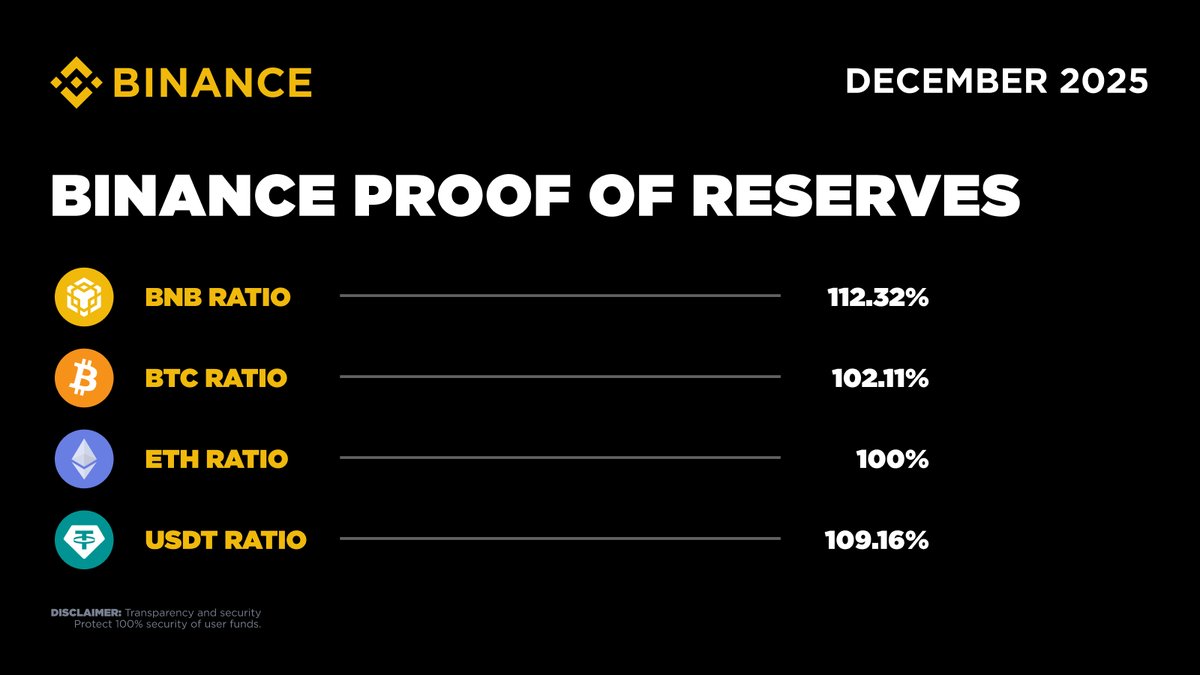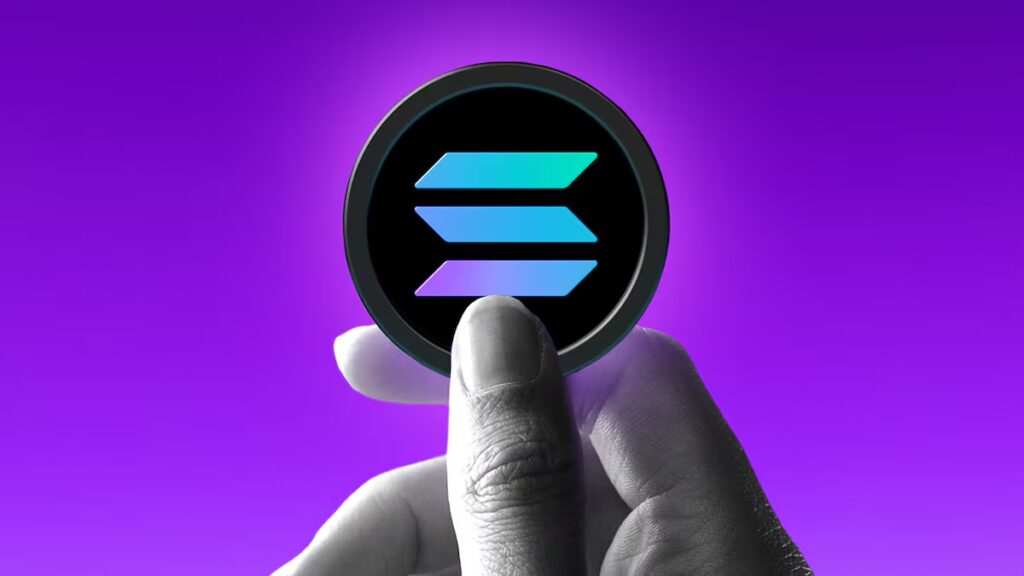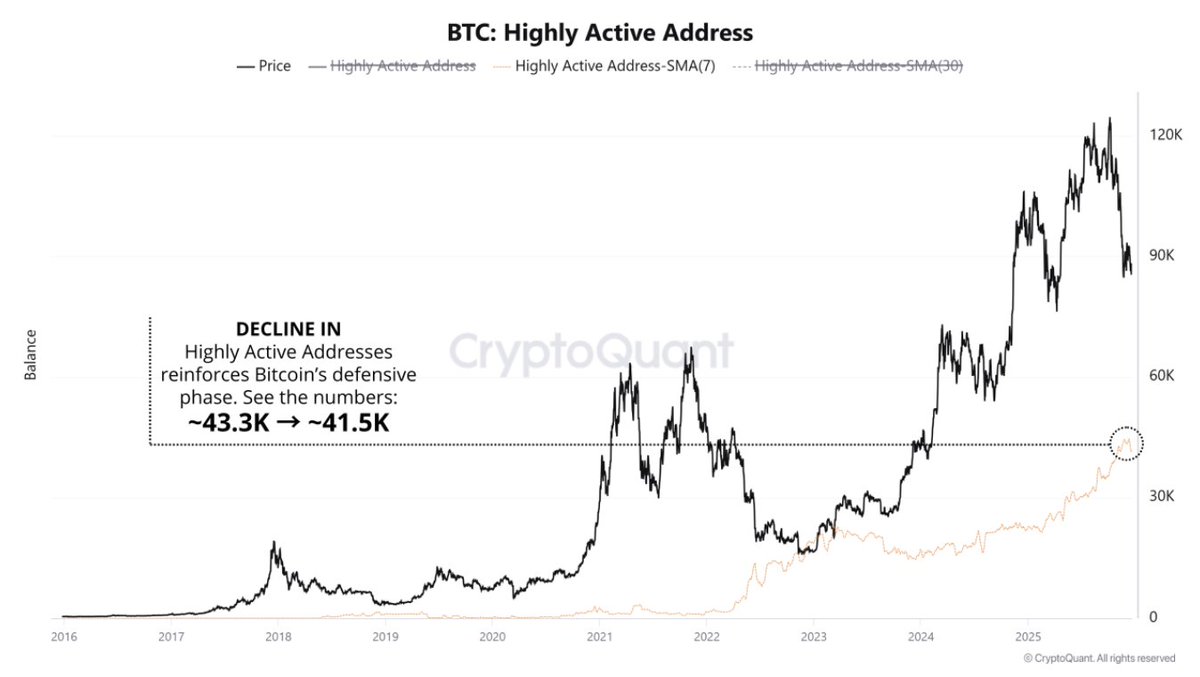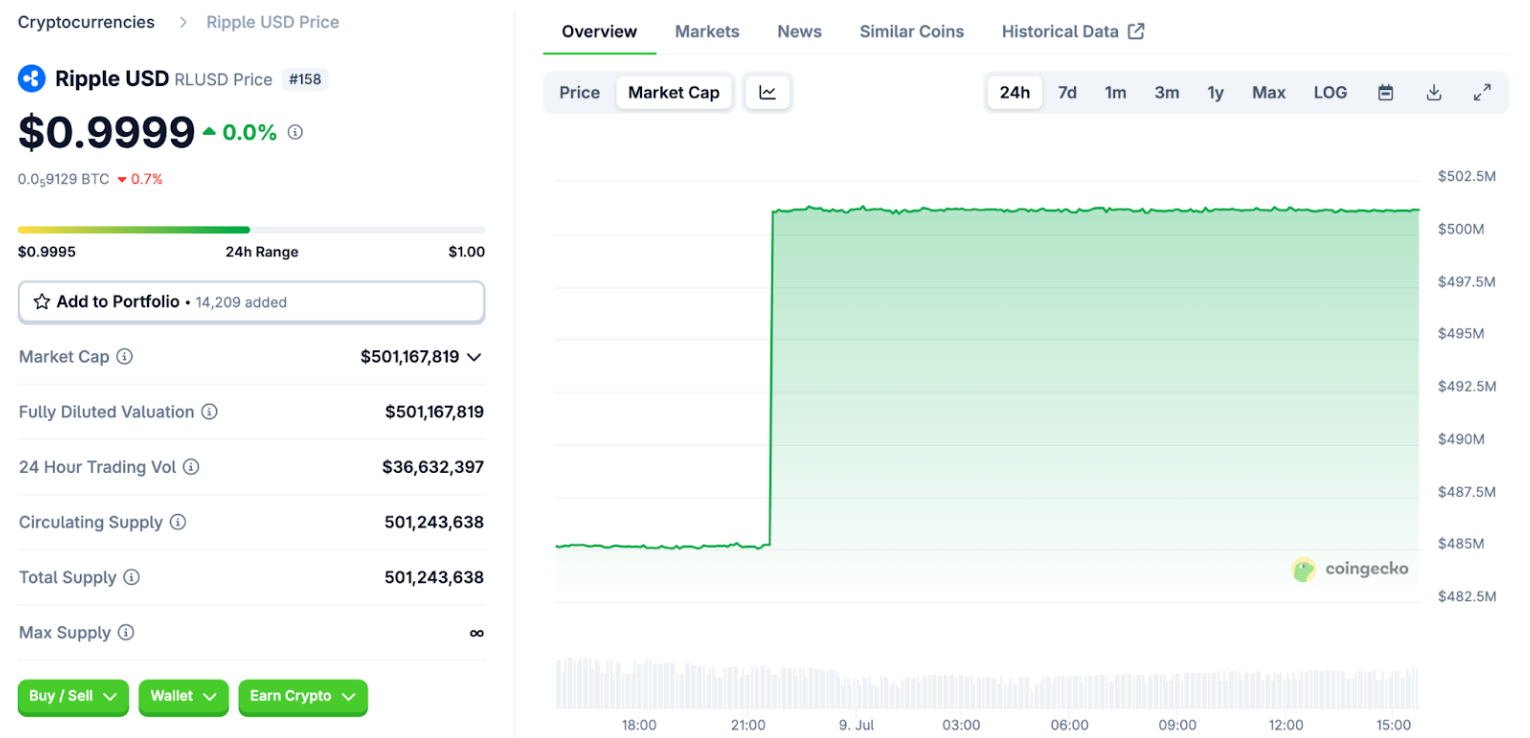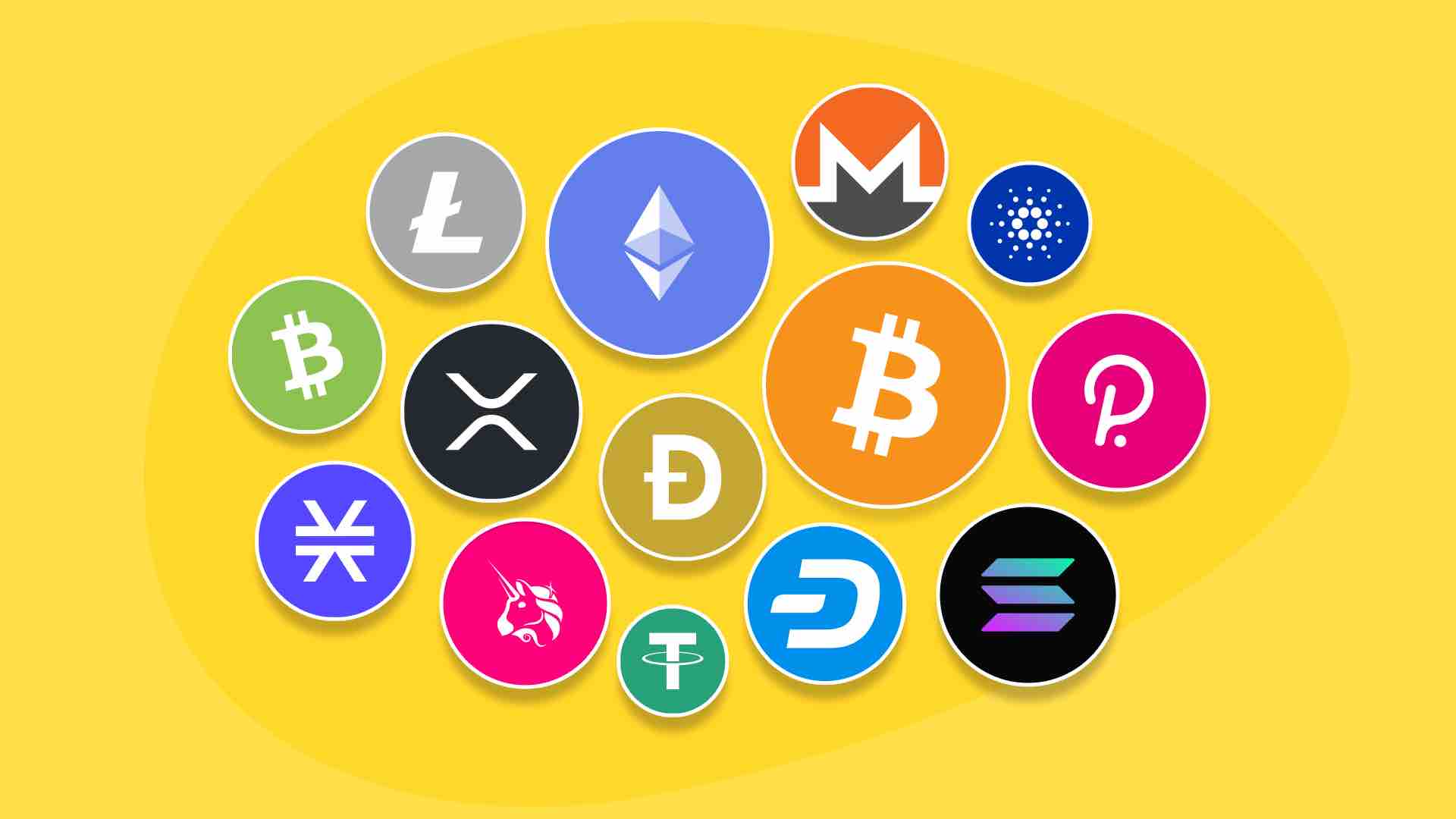JPMorgan, one of the world’s largest financial conglomerates, has officially confirmed the launch of the JPMD deposit token as part of a pilot project on the Base blockchain. The announcement was made by Navin Mallela, head of the bank’s blockchain division Kinexys, in an interview with Bloomberg.
The first transaction involving the JPMD token will take place in the coming days with the participation of the cryptocurrency exchange Coinbase, which will act as a partner in the project. This event marks an important milestone for a commercial bank, as it is the first time such financial products like deposit tokens will operate on a public blockchain.
In the future, the JPMD token will be available exclusively to institutional clients of the Coinbase platform, allowing them to use it for various financial operations such as transfers, settlements, and storage of funds. The focus will be on banking and corporate clients, distinguishing this project from mass-market cryptocurrency services.
“We are the first commercial bank to issue a deposit product on a public blockchain network. And our first step is with Base,” said Mallela, adding that their strategy is focused on using blockchain technology to enhance and modernize traditional financial services.
It is important to note that, despite operating on a public blockchain, the JPMD token will remain a permissioned token. This means that access to it will be strictly limited to certain institutional clients, while a broader audience will not be able to use it.
The pilot project with the JPMD token will last several months to test the technology and processes in real market conditions. After the completion of testing and receiving all necessary approvals from regulators, the bank plans to expand the project to other currencies and potential user groups. This will be part of JPMorgan’s strategy to create more scalable and versatile financial instruments for institutional clients.
The JPMD tokens represent a digital version of traditional deposit accounts that are typically offered by commercial banks. They differ from stablecoins in that they are not backed by a basket of assets such as government bonds, but are secured solely by the bank’s own assets. Mallela also noted that these assets could offer higher scalability and flexibility compared to traditional stablecoins, opening up new opportunities for JPMorgan in the decentralized finance space.
Furthermore, in the future, JPMD deposit tokens may begin to generate interest for their holders and be included under the deposit insurance system, making them more attractive to institutional clients. This could be a significant step toward integrating crypto assets into the traditional financial system.
In response to growing interest in cryptocurrency technologies and the need for new financial products, JPMorgan has also filed for the trademark registration of JPMD, which outlines various cryptocurrency services. In particular, the bank intends to use the token for supporting operations with digital assets and creating new products for its clients.
Earlier in May, JPMorgan CEO Jamie Dimon stated that the bank would soon allow its clients to purchase digital gold, although it would not act as a custodian for these assets. This initiative is aimed at expanding options for investors interested in digital assets without taking on the responsibility of storing them themselves.
In June, the media reported that JPMorgan would begin accepting Bitcoin ETFs from BlackRock as collateral for loans. This decision also signals the bank’s serious intent to incorporate cryptocurrency instruments into its financial operations, despite the current regulatory environment and the growing uncertainty around crypto assets.

